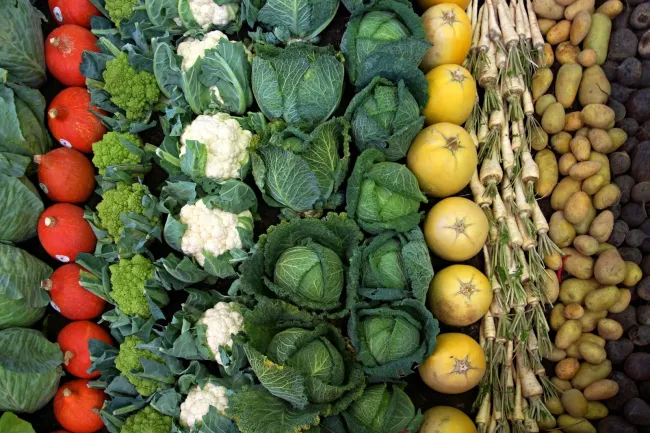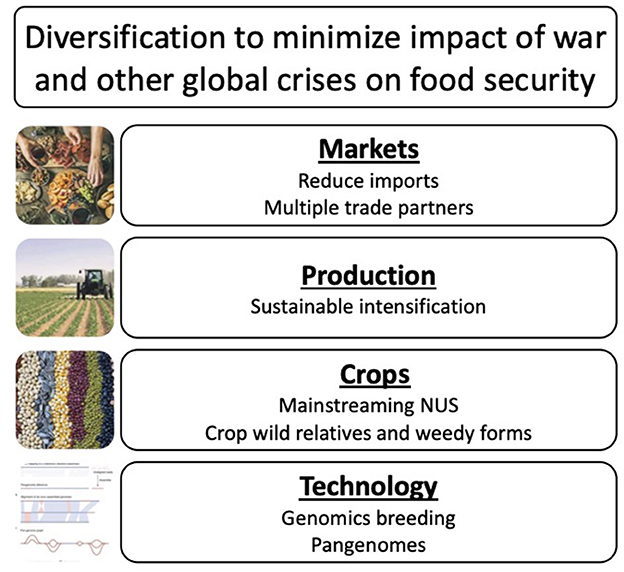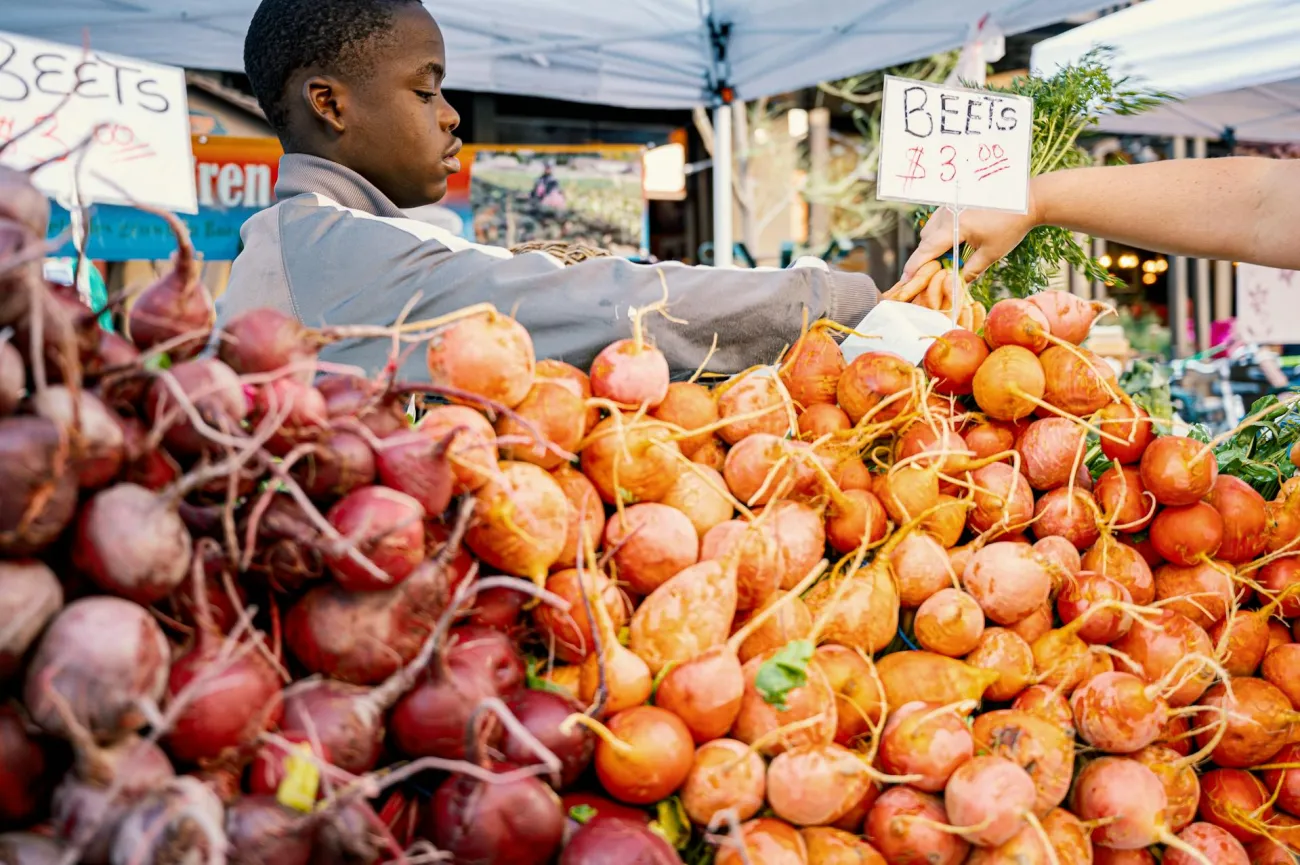The conflict in Ukraine has spotlighted significant insecurities in the global food system. Many countries with restricted access to imported staples have seen their food prices soaring and populations become increasingly food insecure, with effects most pronounced in the world’s poorest countries who tend to be import reliant. This paper highlights the impacts of current international crises on food security, highlights over-reliance on imports as the major threat to food security, and offers four suggestions as to how food systems can be diversified to enhance future food security

The authors highlight the following ways that the Ukraine conflict's effect on food systems has led to increased food insecurity:
- Food export bans and restrictions as a result of embargoes and trade route disruption have restricted 17% of total calories trade globally.
- Food price hikes have been generated by supply chain disruptions from conflict and the COVID-19 pandemic, and these will continue as crop production is affected by increasingly volatile weather patterns.
- Livelihood struggles among the agricultural poor have been exacerbated by increased prices of feed, food and agricultural inputs as a result of disruptions to fossil fuel markets.
The authors postulate that the key driver of these security concerns is a global over-reliance on major food exporters (such as US, China, Brasil) and on a small selection of staple crops (eg. maize, rice and soy) for the bulk of calories consumed. They argue that over-dependence on global trade is a further driver of global food insecurity. These drivers are most pronounced in low-income, food-deficient countries that are most vulnerable to price shocks and volatile supply chains. For these reasons, the authors highlight how diversifying within four areas of agrifood systems can contribute to achieving future food security (see image below).

Fig. 6: Neik et. al., 2023. The diversification of four agrifood systems for global food security.
These areas for diversification are as follows:
- Market diversification - import/export sources must be diversified to minimise the impact of local crisis. When countries have multiple options for food supply, their capacity to absorb shock is increased. Diversification can be supported by trade agreements, market transparency and fostering demand for local, non-staple, direct to consumer foods.
- Production - intensive agriculture is reliant on the international trade of agrochemicals and stable prices. Through supporting sustainable intensification, the reliance on these agricultural inputs can be reduced without significant losses in crop yield.
- Crop diversification - There should be an increased production of nutrient-dense, neglected and under-utilised species that are adapted to local environmental conditions. Additionally, wild relatives can provide a genetic resource for trait improvement of staple crops.
- Technological diversification - Collaborative networks between farmers, researchers, agronomists and industry will be needed to drive advances in agricultural practices and breeding methods.
Abstract
The recent Russia–Ukraine conflict has raised significant concerns about global food security, leaving many countries with restricted access to imported staple food crops, particularly wheat and sunflower oil, sending food prices soaring with other adverse consequences in the food supply chain. This detrimental effect is particularly prominent for low-income countries relying on grain imports, with record-high food prices and inflation affecting their livelihoods. This review discusses the role of Russia and Ukraine in the global food system and the impact of the Russia–Ukraine conflict on food security. It also highlights how diversifying four areas of agrifood systems—markets, production, crops, and technology can contribute to achieving food supply chain resilience for future food security and sustainability.
Reference
Neik, T.X., Siddique, K.H., Mayes, S., Edwards, D., Batley, J., Mabhaudhi, T., Song, B.K. and Massawe, F., 2023. Diversifying agrifood systems to ensure global food security following the Russia–Ukraine crisis. Frontiers in Sustainable Food Systems, 7, p.1124640.
Read the full article here. See also our podcast on corporate consolidation in the food system.




Comments (0)